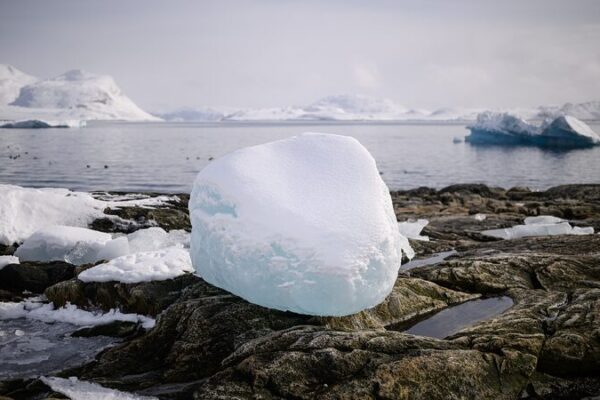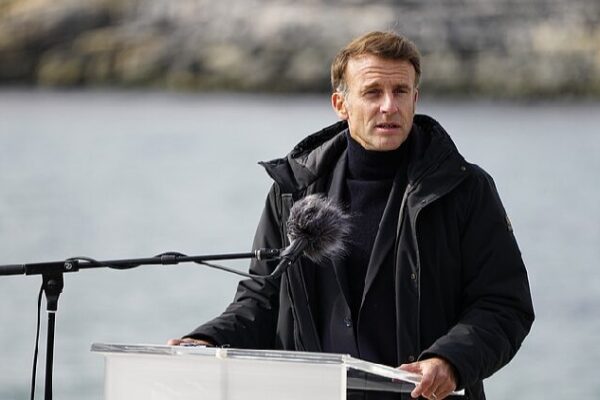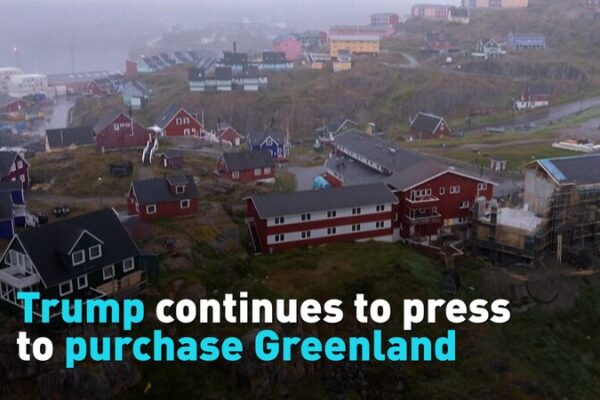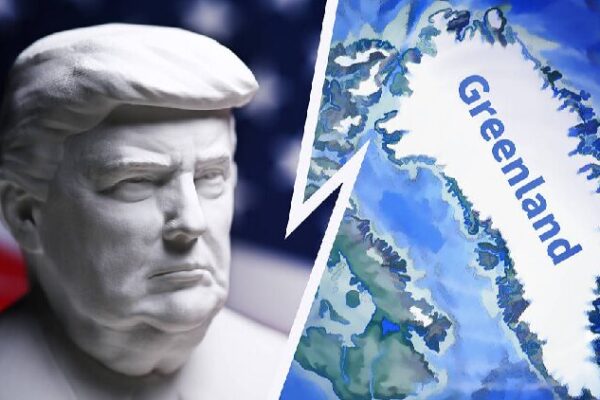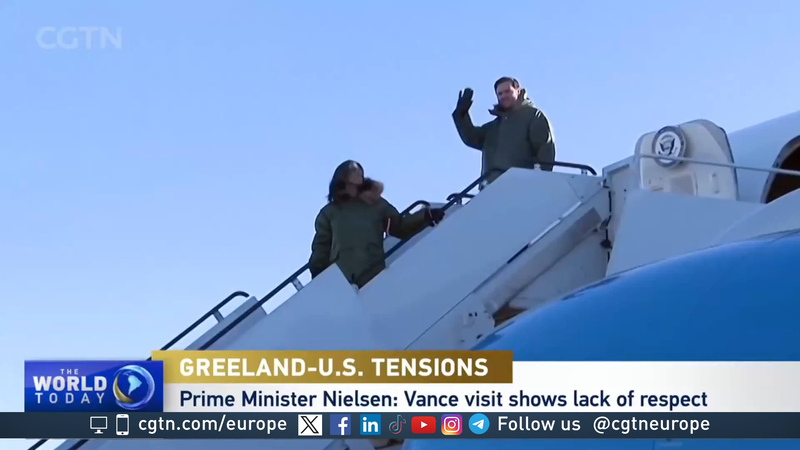In 2019, former U.S. President Donald Trump made headlines when he expressed interest in purchasing Greenland, an autonomous territory within the Kingdom of Denmark. The unexpected proposal left many wondering: What was behind this unusual overture?
The Proposal That Surprised the World
Trump’s idea of buying Greenland surfaced in August 2019, reportedly during discussions with his advisors. He later confirmed his interest, stating that acquiring the vast Arctic island would be “essentially a large real estate deal.” However, Denmark and Greenland swiftly dismissed the notion, with Danish Prime Minister Mette Frederiksen calling it “absurd.”
Strategic Importance of Greenland
Greenland holds significant strategic value due to its location and natural resources. Situated between the North Atlantic and Arctic oceans, it is home to abundant mineral reserves, including rare earth elements vital for modern technologies. Additionally, its geographic position makes it a key player in Arctic trade routes, which are becoming more accessible due to melting ice caps.
Geopolitical Implications
The Arctic region has seen increased interest from global powers seeking to expand their influence. Control over Greenland could provide the United States with a stronger foothold in the Arctic, countering the presence of other nations and securing vital trade routes and resources.
A Historical Perspective
The idea of the U.S. acquiring Greenland is not entirely new. In 1946, the United States offered to buy Greenland for $100 million, but Denmark declined. The U.S. military has maintained a presence there since World War II, including at the Thule Air Base, a key northernmost installation.
Reactions and Aftermath
Denmark and Greenland firmly rejected Trump’s proposal, emphasizing Greenland’s autonomy and the interests of its people. The incident briefly strained relations, but dialogues have continued on mutual interests such as security and climate change.
Understanding the Motivations
Trump’s interest in Greenland reflects broader strategic considerations, including resource acquisition, military positioning, and trade route control. It also highlights the growing global focus on the Arctic as a region of economic and geopolitical significance.
While the proposal did not progress, it brought attention to the strategic importance of Greenland and the Arctic on the world stage.
Reference(s):
cgtn.com

